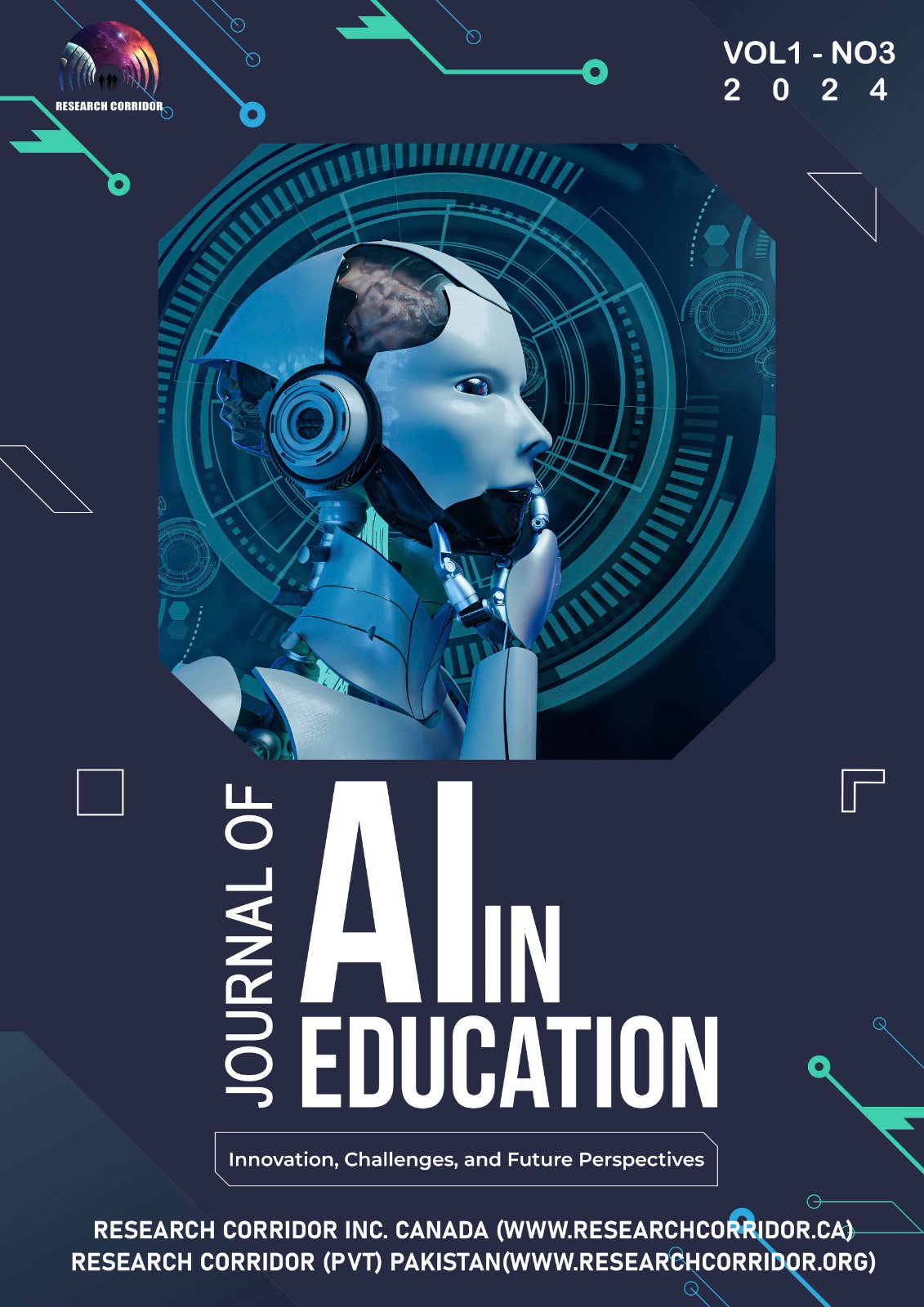Challenges in AI-Powered Educational Technologies: Teacher Perspectives and Resistance
Keywords:
AI in education, teacher resistance, educational technology, AI-driven learning, ethical concerns, pedagogical challenges, teacher perspectives, artificial intelligence in teaching, personalized learning, AI adoption in educationAbstract
The integration of Artificial Intelligence (AI) in educational technologies has transformed the teaching and learning process. AI-powered tools promise personalized learning, automated grading, and enhanced student engagement. However, their adoption faces significant challenges, particularly from teachers who may express resistance due to concerns about job displacement, ethical issues, and the reliability of AI systems. This study explores the key challenges educators face when implementing AI-driven technologies and investigates the reasons behind their reluctance to embrace these innovations. A critical factor in teacher resistance is the perceived threat of AI replacing traditional teaching roles, reducing educators to mere facilitators rather than active participants in knowledge dissemination. Additionally, concerns regarding the biases embedded in AI algorithms, data privacy, and the loss of human connection in the classroom contribute to their skepticism. Pedagogical limitations of AI-driven platforms, such as their inability to foster deep critical thinking and socio-emotional learning, also hinder their full acceptance. Furthermore, many teachers lack adequate professional development opportunities to integrate AI effectively into their instructional strategies. Addressing these concerns requires a balanced approach that includes comprehensive training programs, ethical AI frameworks, and a collaborative model where AI supports rather than replaces educators. By understanding teachers' perspectives and resistance, policymakers and developers can design AI-powered educational tools that align with pedagogical goals and foster a more harmonious integration of AI in education.





